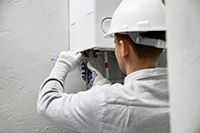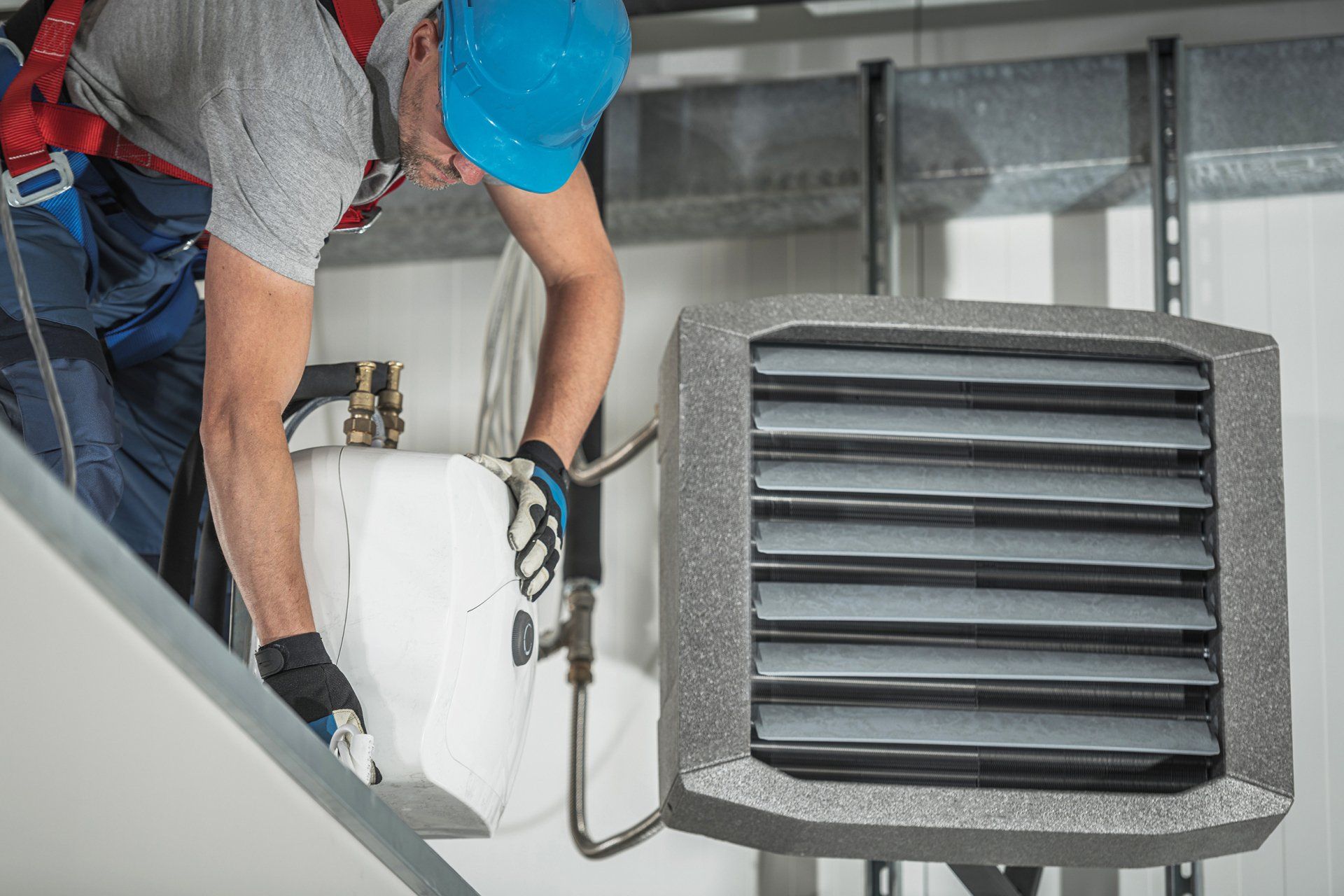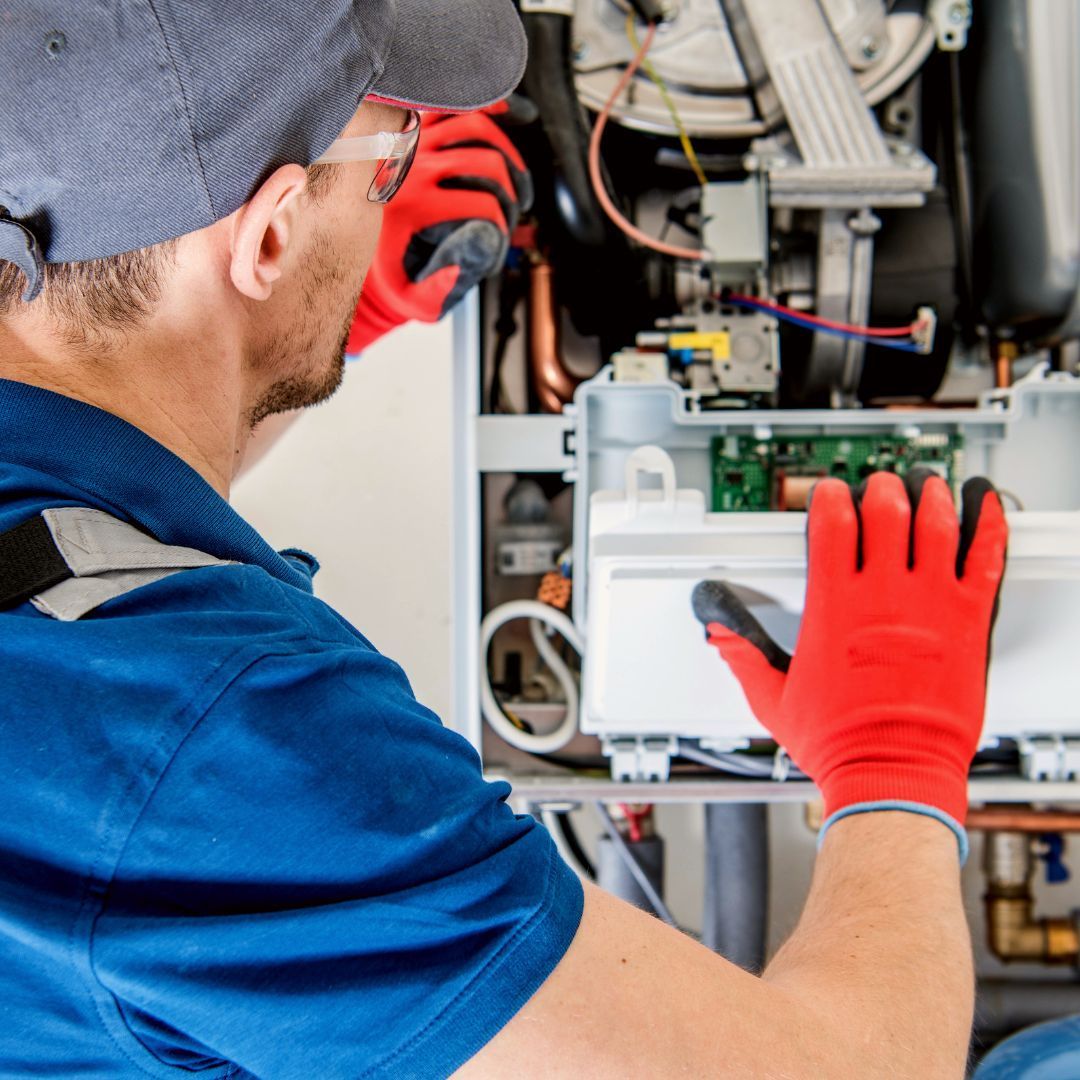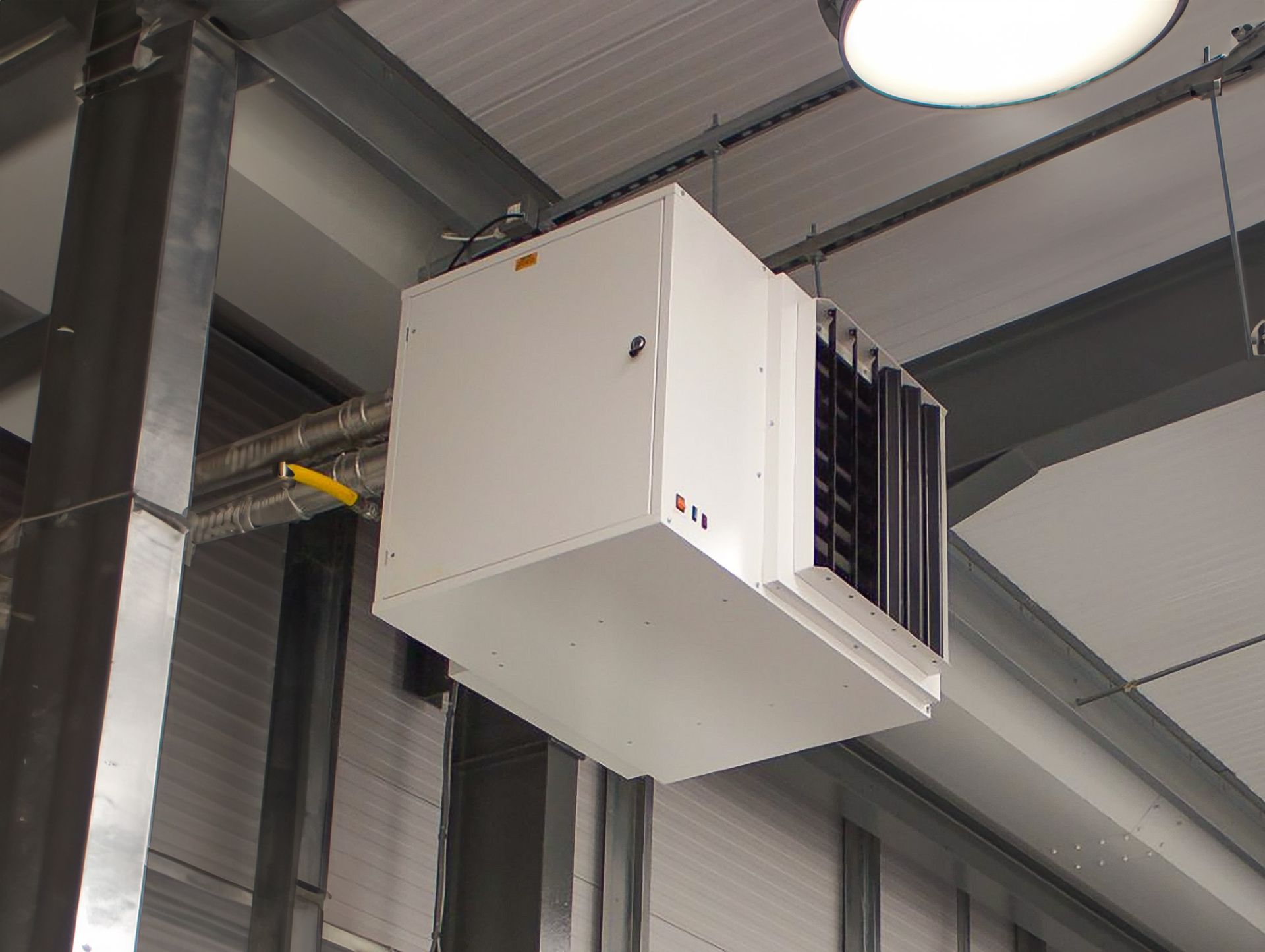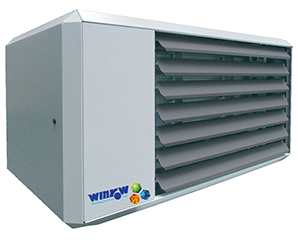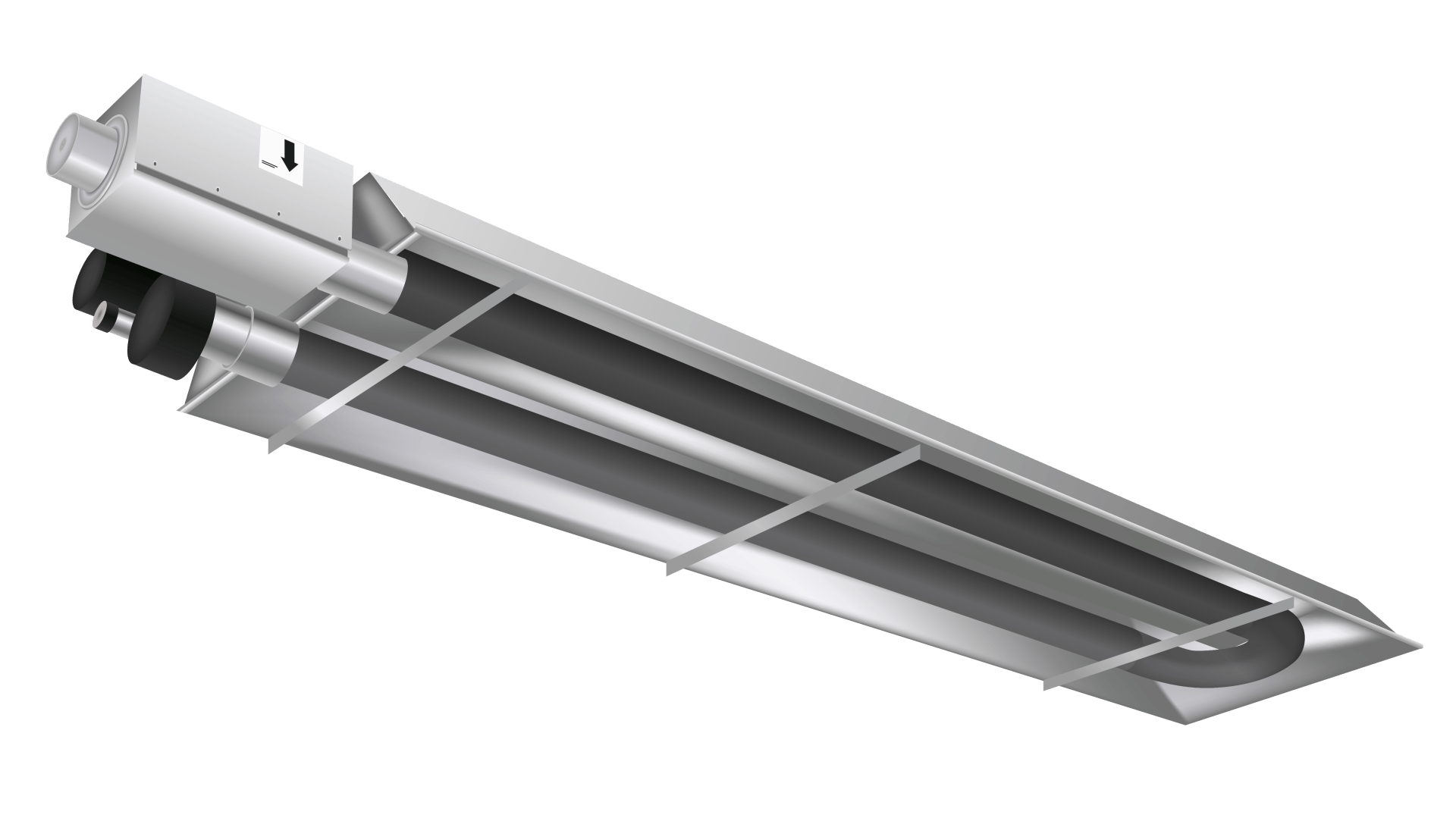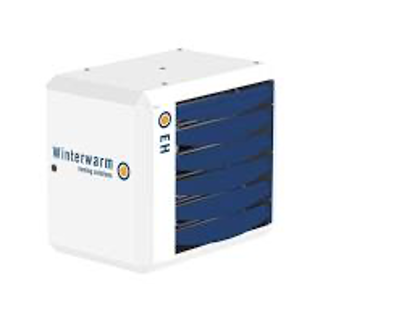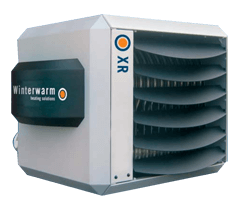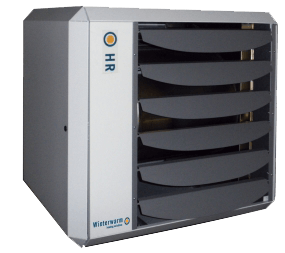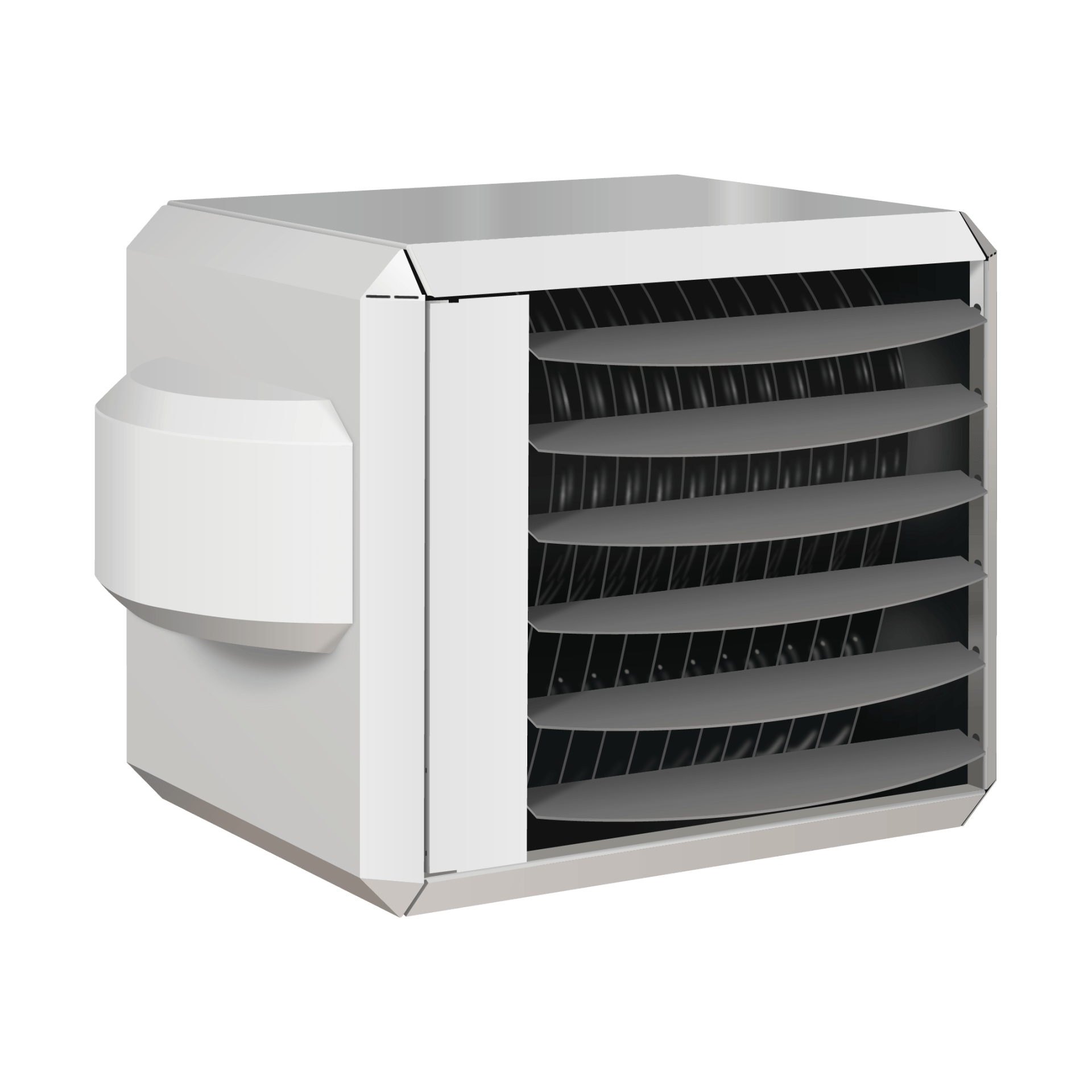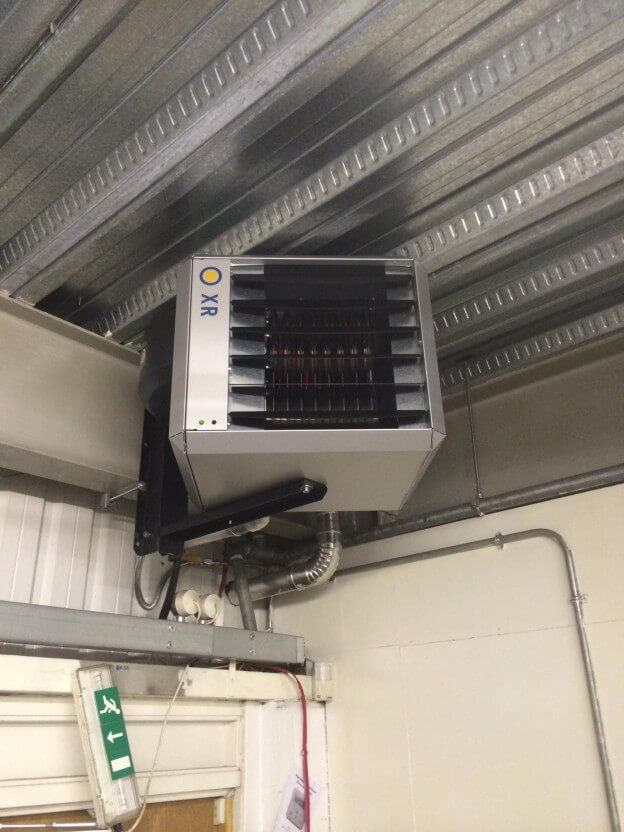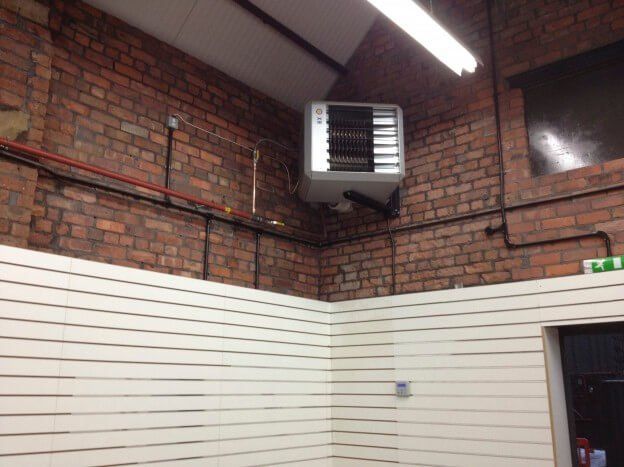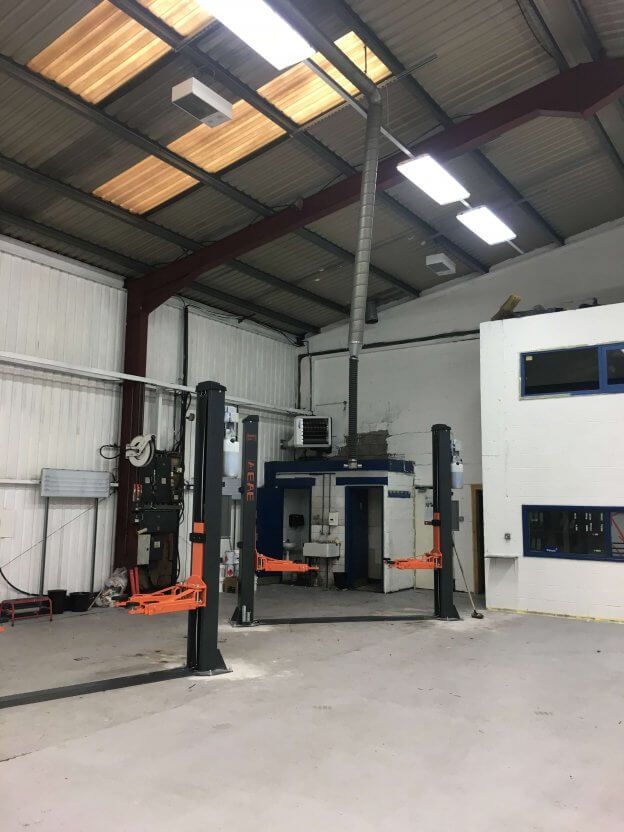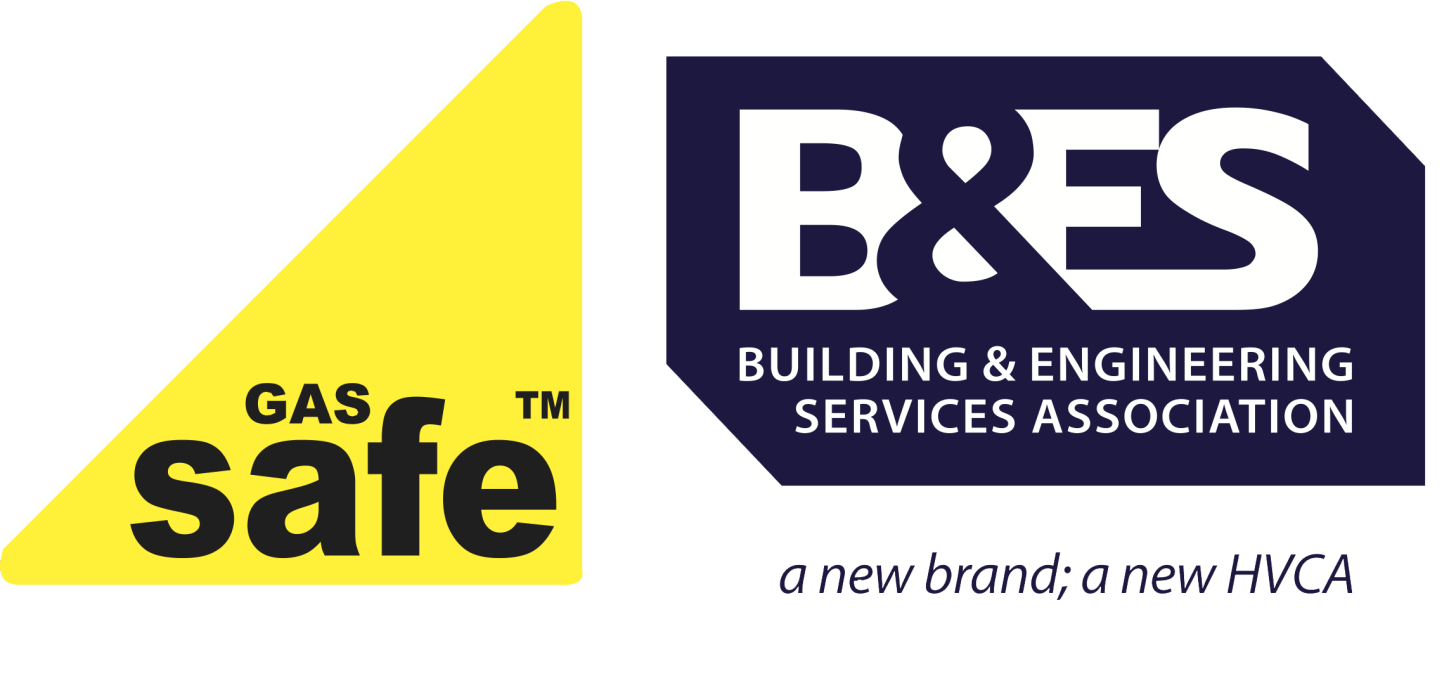Workshop Heater
Premium
Workshop Heaters
for Optimal Comfort and Efficiency
Quick, efficient installations
The good news is that at Winrow, we have pioneered a solution to the age old problem of heating workshops and have a track record of working with companies throughout the UK helping them not only keep a consistent working temperature in their workshop but also to significantly reduce their heating costs. Take a look at our Case Studies to view some examples of our past work.
The Winrow solutions use innovative heat recovery techniques with garage and workshop heaters to deliver a consistent and balanced working environment in any workshop with savings of over 30% on typical costs of heating a workshop.
If your workshop suffers from inconsistent heating issues or heat loss then one of our bespoke workshop heater systems can help overcome these problems, whilst saving you money.
What Workshop Heaters do Winrow offer?
Take a look at our space heaters and heating solutions designed specifically to cater for sports hall environments with high efficiency for large spaces. For a full list of our products click here or contact us for a free quote. We’ll find the ideal solution for your factory.
Winterwarm Warm Air Heaters
How do I get the benefits of a Winrow Workshop Heating Solution?
For dependable and efficient workshop heating solutions, look no further than Winrow. Our experienced technicians are ready to help you find the best workshop heater for your space. Contact us today at 08000 588 035 or fill out our online form for a free quote.
Workshop Heater FAQ's
Reliable
We guarantee that every job is completed on time and and by our experienced and trusted team.
Gas Safety Certified
All of our technicians are fully
Gas Safety Registered and meet all local and national safety certifications .
